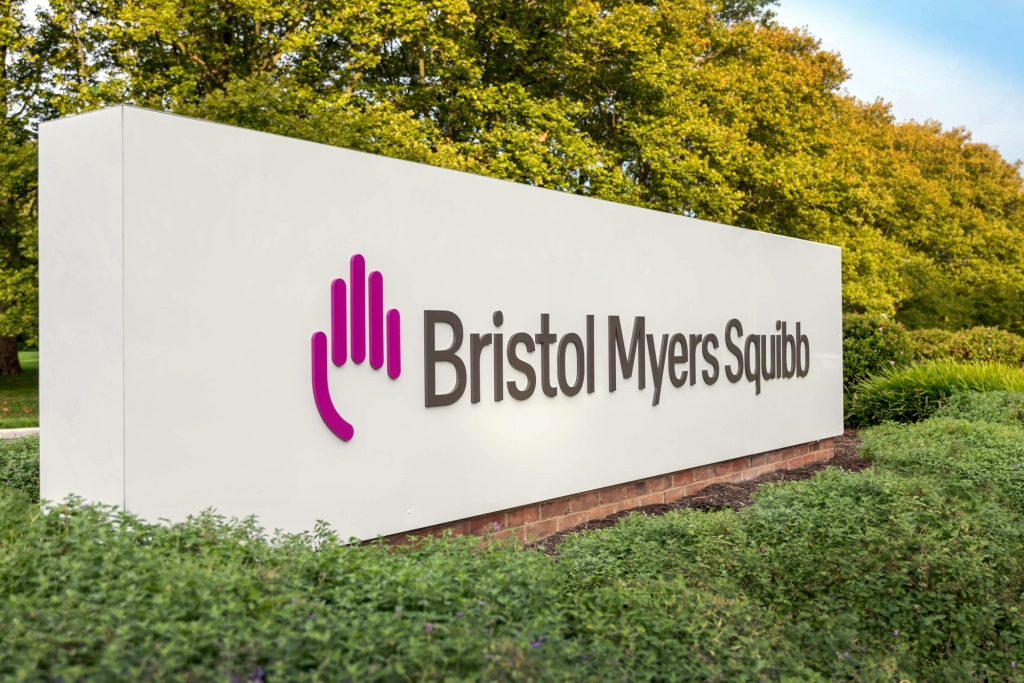Even though human beings end up needing a lot over the course of their lives, they never need anything more than their decision-making capabilities. You see, we can have every skill in the world, but if we don’t know how to complement it with the right call, then it really doesn’t matter. Now, as the stakes are so high, you almost have to give yourself the best possible shot at being spot on, and for that very purpose, we would construct certain avenues around us. Each of these avenues was supposed to touch upon a different aspect. However, once technology took over the scene, it centralized all those responsibilities, and the dynamic has only grown stronger since then. Talk about technology breaking the mould, it did the same within every area across the spectrum, including what we know to be a highly-critical sphere of healthcare. This tech-driven link-up reshaped healthcare by introducing methods that were more informed over patient’s needs than anything we had seen before. In fact, even when the stuff didn’t seem to be working out, the creation would ensure that whatever we decide is appropriately clued up, therefore setting us up for a productive pivot towards something else. This was pretty much the case with a recent breakup around the pharmaceuticals’ block.
Bristol Myers Squibb and Nektar Therapeutics have officially ended their cancer drug research alliance after a combination of their respective drugs failed the clinical trials. According to certain reports, these trials were based on assessing the drug’s efficacy against kidney and bladder cancer. They involved Bristol Myers Squibb’s blockbuster cancer immunotherapy, Opdivo, alongside Nektar’s experimental cancer drug, bemegaldesleukin (bempeg), which, in all honesty, is unlike many other cancer therapies. Dubbed as an advanced iteration of cytokine called interleukin-2 (IL-2), bempeg is designed to activate the IL-2 pathway without sparking activity from regulatory T cells, a different type of immune cell that dampens the immune response. It gave the drug a very distinct edge against the disease, and that is exactly what got BMS to initiate a research partnership worth $1.8 billion. By blending the promise of bempeg into its already successful Opdivo drug, BMS had hoped for an even more effective prospect. Unfortunately, it was a failure from the start.
Earlier this year, the combination failed a crucial melanoma trial too. At the time, it was revealed that using Opdivo alone gave out meaningful results, but the introduction of bempeg didn’t make any difference whatsoever. For the trials of kidney cancer treatment, the combination failed to show an objective response compared against a tyrosine kinase inhibitor, a standard treatment for this type of cancer. Notably enough, all the other programs which emerged from BMS-Nektar partnership will also shut down with immediate effect.


















